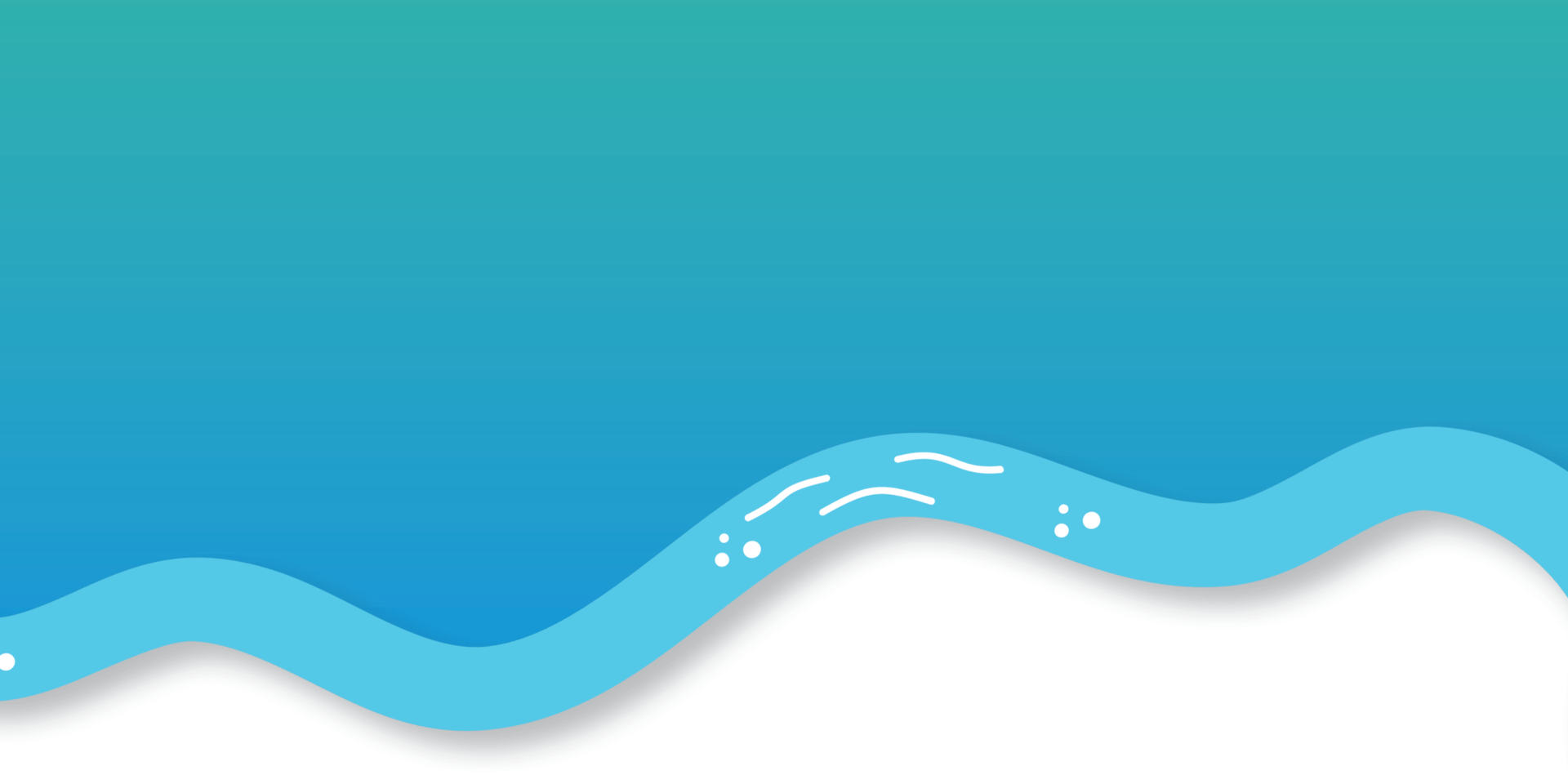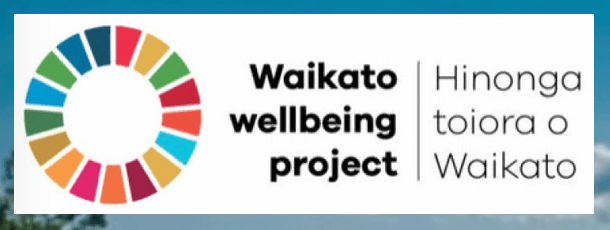The Waikato Wellbeing Project (WWP) is calling for innovators, data scientists and creative design thinkers to help it in its mission to enable equitable outcomes for rangatahi/youth.
Expressions of interest are being sought from rangatahi or anyone with experience working directly with young people to form a core team responsible for progressing the WWP youth opportunity.
Harvey Brookes, WWP Executive Director, said the youth opportunity is about uncovering root causes and insights that fundamentally transform systems that deliver greater outcomes for rangatahi, whānau and our wider community.
“Over the past three years we’ve observed an upward trend in the number of young people not in education, training or employment with Māori and Pasifika disproportionately represented within those statistics.
“As part of our core team, members will journey with us across a 16-week period to research, learn, define and ideate potential solutions alongside communities to address the barriers young people experience in education and employment,” said Mr Brookes.
“The youth opportunity is one of the first initiatives within the WWP to be progressed which indicates the region’s commitment to creating opportunities for our young people to be engaged, productive, learning or earning a livelihood and be on a positive pathway to many life options.”
Mr Brookes recognises there is a lot of amazing things already happening with rangatahi across the Waikato. “We want to hear from the people and organisations involved in this area of mahi so we can support and potentially help to scale up existing initiates making a real difference.”
The Waikato Wellbeing Project is a community led initiative that seeks to achieve a more environmentally sustainable, prosperous and inclusive Waikato region by 2030. It’s tasked with leading conversations and enabling community action to realise a defined set of 10 SMART wellbeing targets for the region.
The 10 wellbeing targets are the region’s first set of wellbeing targets to end poverty, fight inequality and act on climate change. They are based on the United Nations Sustainable Development Goals and were determined in partnership with iwi, councils, community trusts, business, NGOs, researchers, and communities.


